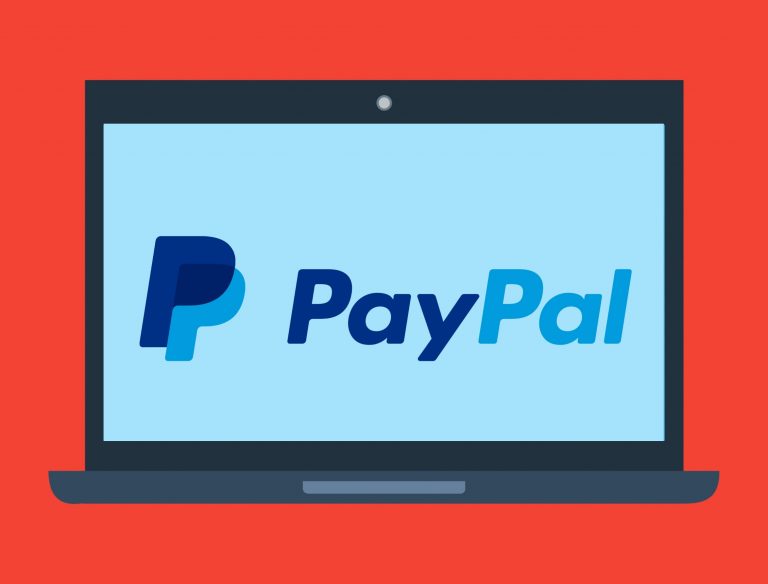What are the Alternate Methods of Funding for Small Businesses?

Starting a small business is an exciting journey, but securing funds to get it off the ground can be a daunting task. Luckily, there are several alternate funding options available that can help small businesses get the capital they need without resorting to traditional bank loans. From online to physical methods, this blog covers it all. But to ensure a secure and seamless online funding experience it is essential that you avail of offers on Spectrum WiFi plans or those of another reliable ISP.
Explore four methods of alternate funding for small businesses that can help turn your entrepreneurial dreams into a reality, here.
Crowdfunding
Crowdfunding is a popular method of raising funds that has gained momentum in recent years. It involves leveraging a large number of people to donate small amounts of money to your business venture. The idea is that by pooling together small donations, you can raise a significant amount of capital.
There are several crowdfunding platforms available, such as Kickstarter, Indiegogo, and GoFundMe, that allow entrepreneurs to showcase their projects and solicit funds from interested parties. These platforms are a great way to raise capital for your business, especially if you have a compelling story or product.
Crowdfunding can help you gauge the market demand for your product or service. Moreover, by showcasing your idea for your business and asking for funding, you can get a sense of how many people are interested in your business and what they are willing to pay for it. This can help you refine your product or service and make it more attractive to potential customers. It can also help you build a community around your business by engaging with your donors and keeping them updated on your progress. This in turn helps you create a loyal following to promote your business and generate word-of-mouth buzz.
You also need to be prepared to offer incentives or rewards to your donors to encourage them to contribute to your project.
Peer-to-Peer Lending
P2P lending or peer-to-peer lending is a method of borrowing money directly from individuals instead of going through a traditional bank. Peer-to-peer lending platforms, such as Lending Club, Prosper, and Upstart, connect borrowers with investors who are willing to lend money at competitive interest rates.
It is a great option for small businesses that have a hard time securing loans from banks due to their lack of credit history or collateral. P2P lending platforms typically have less stringent requirements than traditional banks, making it easier for small businesses to qualify for loans. It also offers lower interest rates than traditional bank loans. Since P2P lending platforms operate online, they have lower overhead costs, which means they can offer loans at more affordable rates.
However, P2P lending does come with some risks. Since you’re borrowing from individuals rather than a bank, the platforms might take a cut of the loan as well. Additionally, P2P lending platforms do not have the same level of regulation as traditional banks, which means there is a higher risk of fraud or default. As such, it’s important to thoroughly research any P2P lending platform you’re considering and carefully read the terms and conditions of the loan before accepting any money.
Angel Investors
Angel investors refers to wealthy individuals who invest their own money into early-stage startups to gain equity in the company, in exchange. They are often experienced entrepreneurs themselves and can provide valuable guidance and connections to help the business grow. Unlike venture capitalists, who typically invest larger amounts of money into more established companies, angel investors are willing to take on more risk and invest in businesses that are just starting out.
To attract angel investors, small businesses typically need to have a solid business plan and a clear path to profitability. They may also need to be willing to give up a significant percentage of equity in the company, which can be a drawback for some entrepreneurs.
However, the benefits of working with angel investors can be substantial. In addition to providing funding, they can offer mentorship, advice, and access to their networks. This can be invaluable for small businesses that are looking to grow quickly and establish themselves in their industry.
Conclusion
Small businesses face numerous challenges in securing funding, but alternative financing methods can provide them with viable options. Each method has its advantages and disadvantages, and business owners must evaluate each option carefully before making a decision. By exploring alternative funding methods, small business owners can increase their chances of securing the capital they need to start, grow, and succeed. It is crucial to remember that a well-planned funding strategy is essential to ensure the long-term success of any small business.






